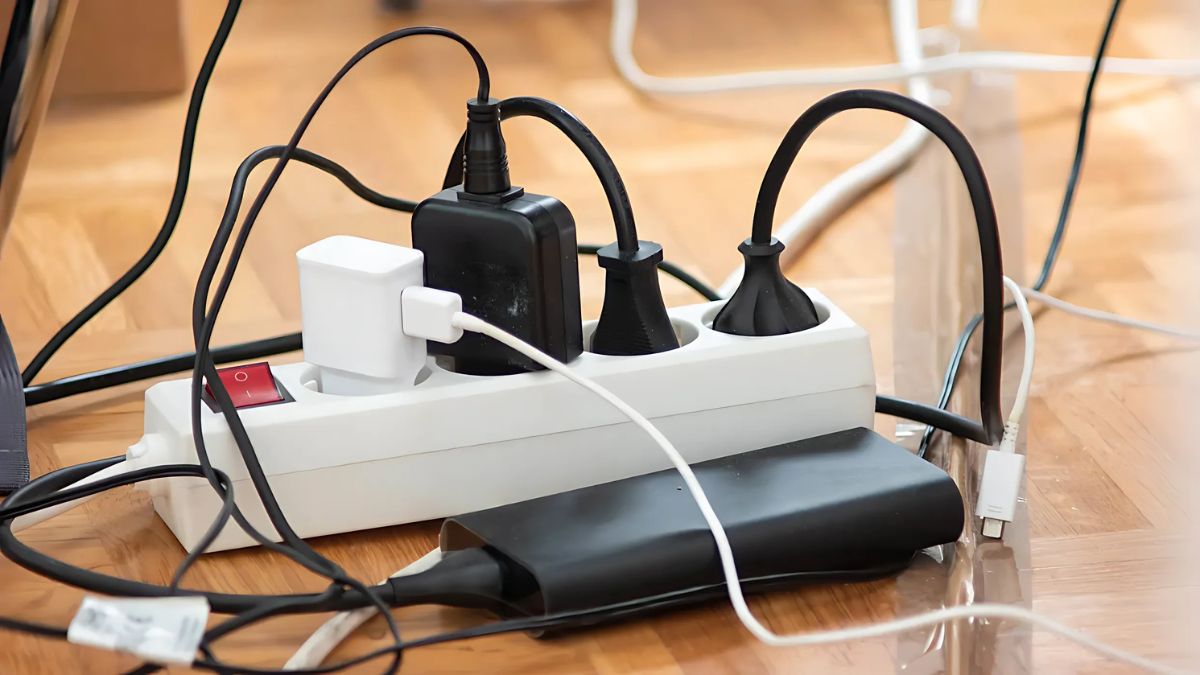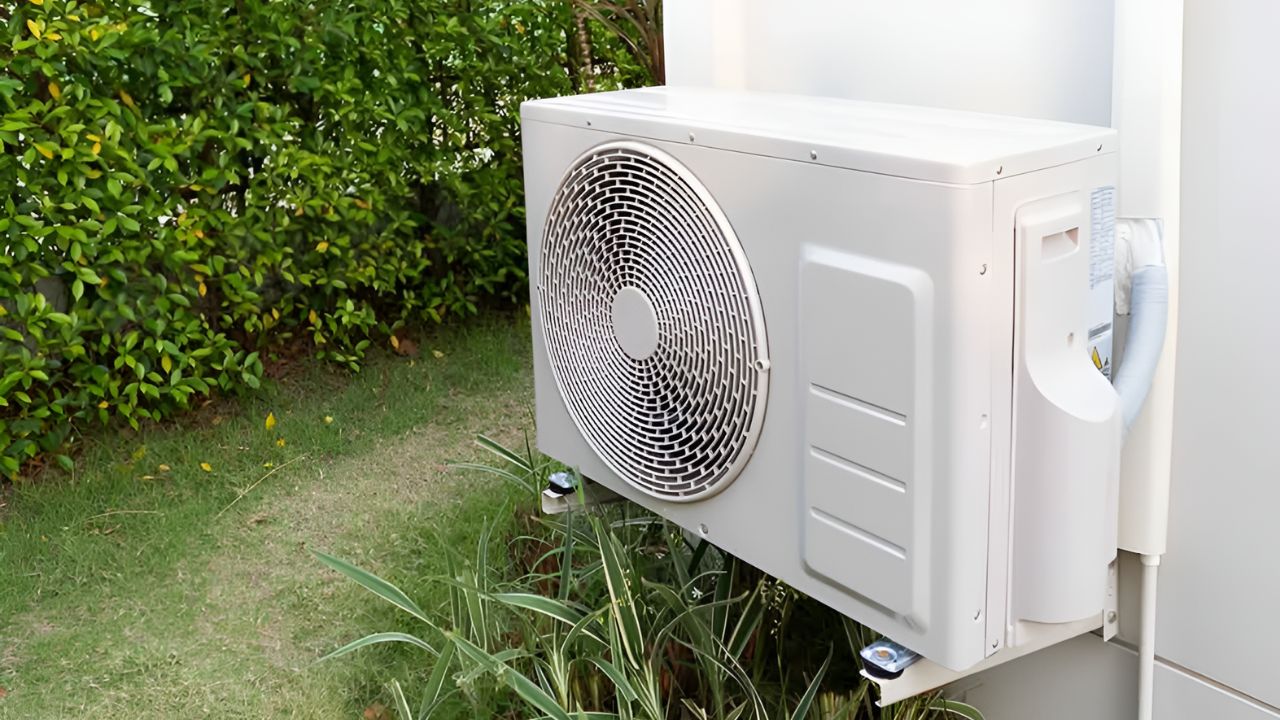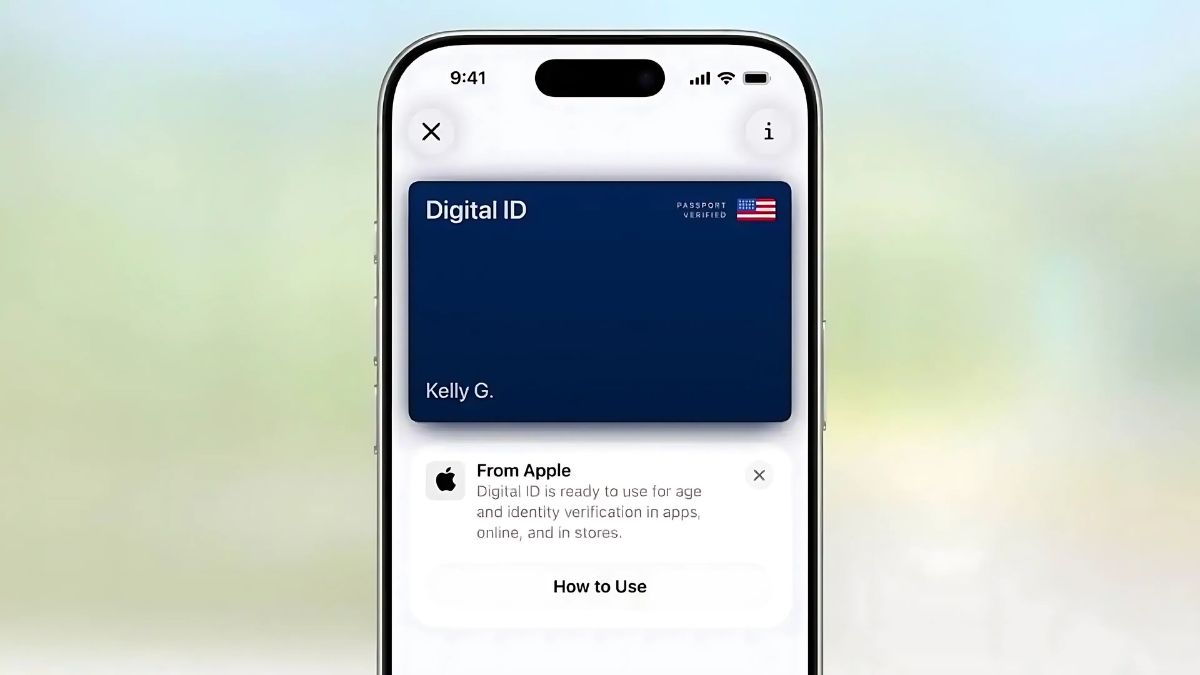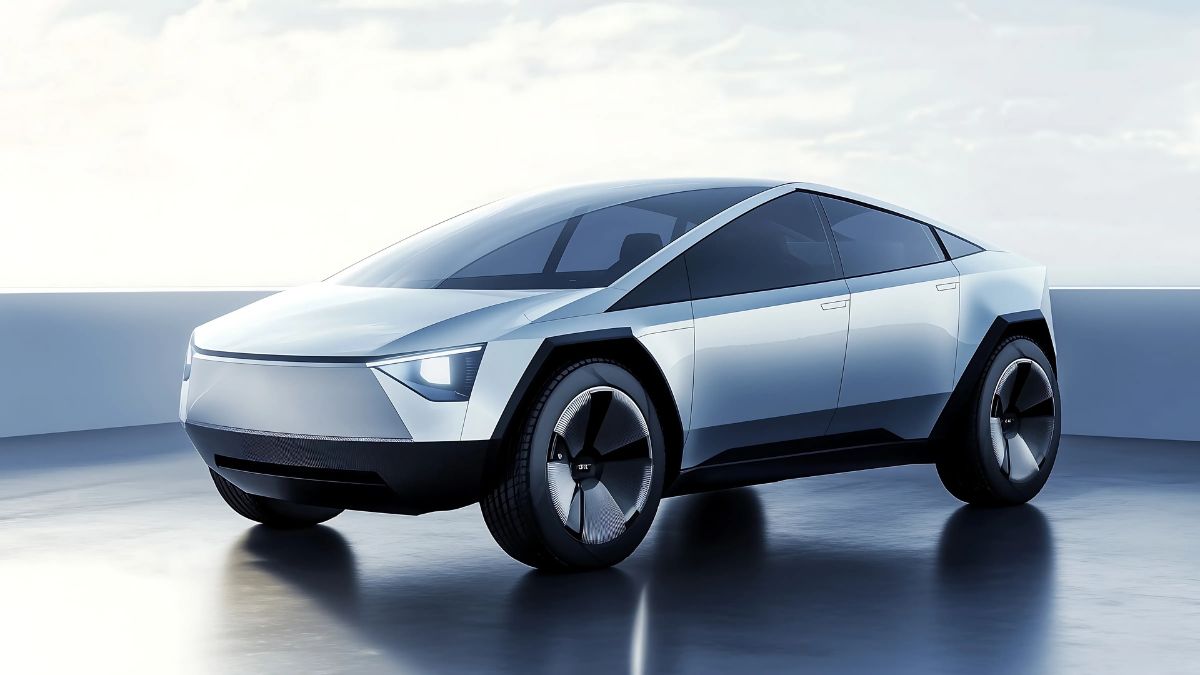No matter how big or small your home is, it always feels like there just aren’t enough outlets. That’s when extension cords and power strips usually come in handy. But when it comes to certain powerful appliances, using anything other than a wall outlet could be a recipe for disaster.
Air conditioners, space heaters, and other energy-hungry devices can overload cords and create dangerous fire hazards if not plugged directly into the wall. Paul Martinez, owner of Electrified NYC, says it clearly: “No extension cords whatsoever” for any appliance that heats up or runs nonstop. If you’re not sure which ones to watch out for, here’s a quick guide to help protect your home and your safety.
Airfryers
Air fryers are super handy for quick meals, but they pull serious wattage—especially larger models. Some use up to 2,000 watts, and plugging one into an extension cord can easily overload it. That’s a fire risk waiting to happen. It’s best to plug your air fryer directly into a wall outlet each time you use it and store it away afterward if you’re tight on counter space.
Microwaves
If your microwave isn’t built-in and you need to plug it in somewhere, make sure it’s a dedicated wall outlet. These appliances use a lot of energy and should never be sharing power or plugged into anything daisy-chained. It’s also a good idea to keep microwaves on their own circuit if possible.
Extensions
Daisy-chaining extension cords—plugging one into another—is a massive no-no. It’s called “daisy chaining,” and it increases the risk of overheating and electrical fires. It may seem like a quick fix, but it’s just not worth the risk.
Heaters
Space heaters are one of the most common causes of home fires. According to the Consumer Product Safety Commission, portable heaters caused about 1,700 fires per year from 2017 to 2019. Martinez explains it simply: plug a heater into a cord, the plug melts, and a fire starts. Always plug space heaters directly into a wall outlet, no exceptions.
Toasters
Don’t let the size fool you. Toasters and toaster ovens may be small, but they’re energy hogs. A toaster oven can easily use between 1,200 and 1,400 watts. If you plug one into a 14-gauge extension cord (a common type), you’re pushing the limits—and possibly creating a fire hazard. Martinez warns that anything over 1,500 watts should be on its own dedicated circuit.
Fridges
Refrigerators don’t use as much wattage as heaters or air fryers—typically between 300 and 800 watts—but they run constantly. Extension cords can loosen or wear down over time, leading to a weak connection or even a fire. At the very least, a faulty cord could make your fridge stop working and spoil all your food.
ACunits
AC units pull a lot of power, especially when they’re cooling down your entire home. Plugging one into a cord can lead to overloading, overheating, or worse. Martinez also warns that people often buy the wrong size unit for their space, which forces the compressor to work harder and use even more power. That’s a bad combo with an extension cord.
Here’s a quick summary of which appliances to avoid plugging into extension cords:
| Appliance | Why It’s Unsafe With Extension Cords |
|---|---|
| Air Fryers | High wattage (up to 2,000W) |
| Microwaves | Should be on a dedicated circuit |
| Extension Cords | Never daisy chain—overheating risk |
| Space Heaters | Known fire hazard when not wall-plugged |
| Toaster Ovens | Heating element draws high current |
| Refrigerators | Always on, needs stable direct power |
| AC Units | High load, compressor strain, overheating risk |
The takeaway? Plug appliances into wall outlets only—especially anything that heats or runs nonstop. Keep extension cords for electronics like lamps or chargers, and always check the wattage ratings. Your home—and everything in it—will be much safer because of it.
FAQs
Can I use extension cords for air fryers?
No, they draw too much power and can cause fires.
Is it safe to daisy chain cords?
No, daisy chaining causes overheating and fire risk.
Can I plug a space heater into a power strip?
No, always use a wall outlet for heaters.
Why can’t fridges use extension cords?
They run nonstop and need stable direct power.
What’s the max wattage for extension cords?
Most are rated for 1,800 watts or 15 amps.



















